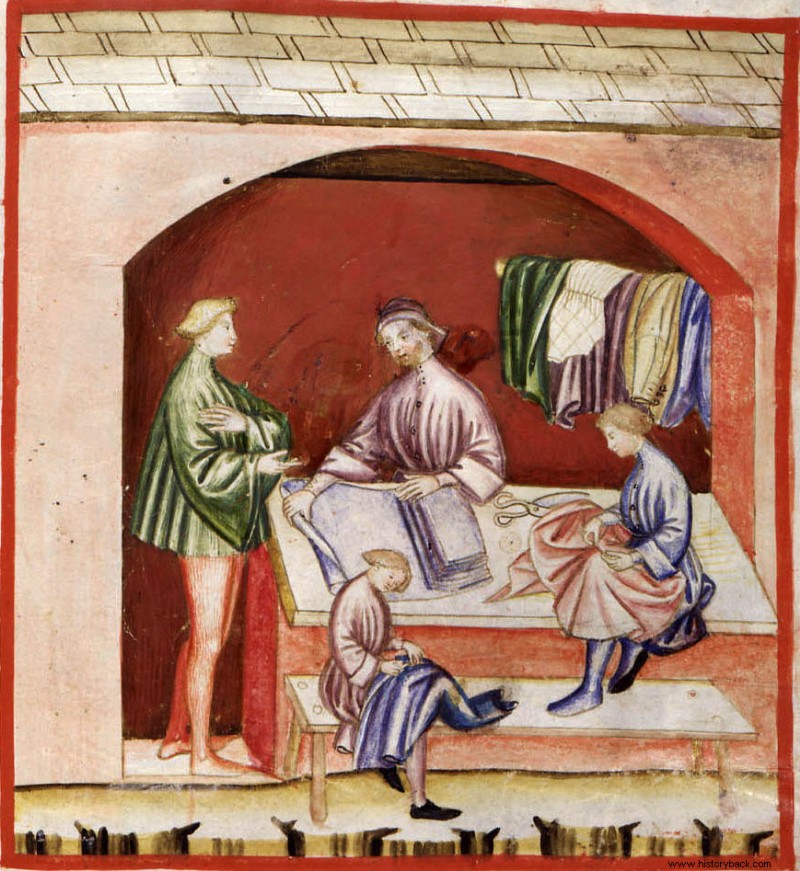
A workshop in the Middle Ages. Single and married women (in the absence of the husband) could work
According to a widespread belief, medieval women they almost did not enjoy any rights but, in reality, this is also just one of the many commonplaces arose around the uses and customs of the Middle Ages, less "dark" than is generally believed.
On the female condition in particular, although it is not for obvious reasons comparable to that of today, it is certain that also the ladies were guaranteed certain faculties, exactly as it happened for males, including those of being able to become landowners, make wills, sue someone and enter into valid and binding contracts in all respects; it is equally true, however, that these rights were lost at the time of the marriage, when the woman assumed the new role of landlady, as well as managing the family, husband and children.
It is also true for the medieval period as for any other, that life was undoubtedly more difficult for the less well off :girls of humble social class suffered greater abuse and had no other ambitions, in general, other than those of making a good marriage or taking vows.
However, if they were unmarried or in the absence of their spouse, they too could work :numerous sources clearly attest their commitment in the shops and in various commercial activities.
